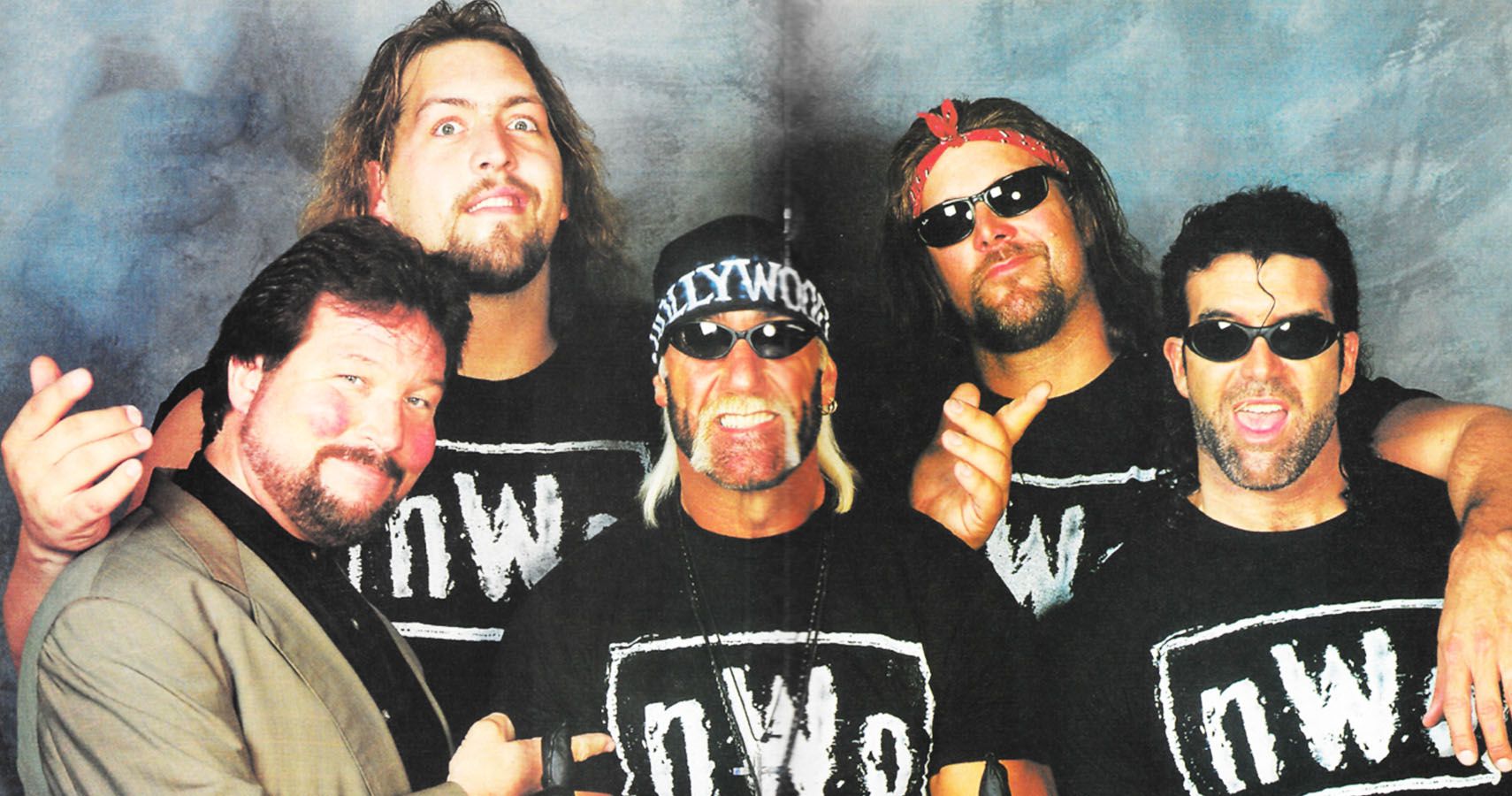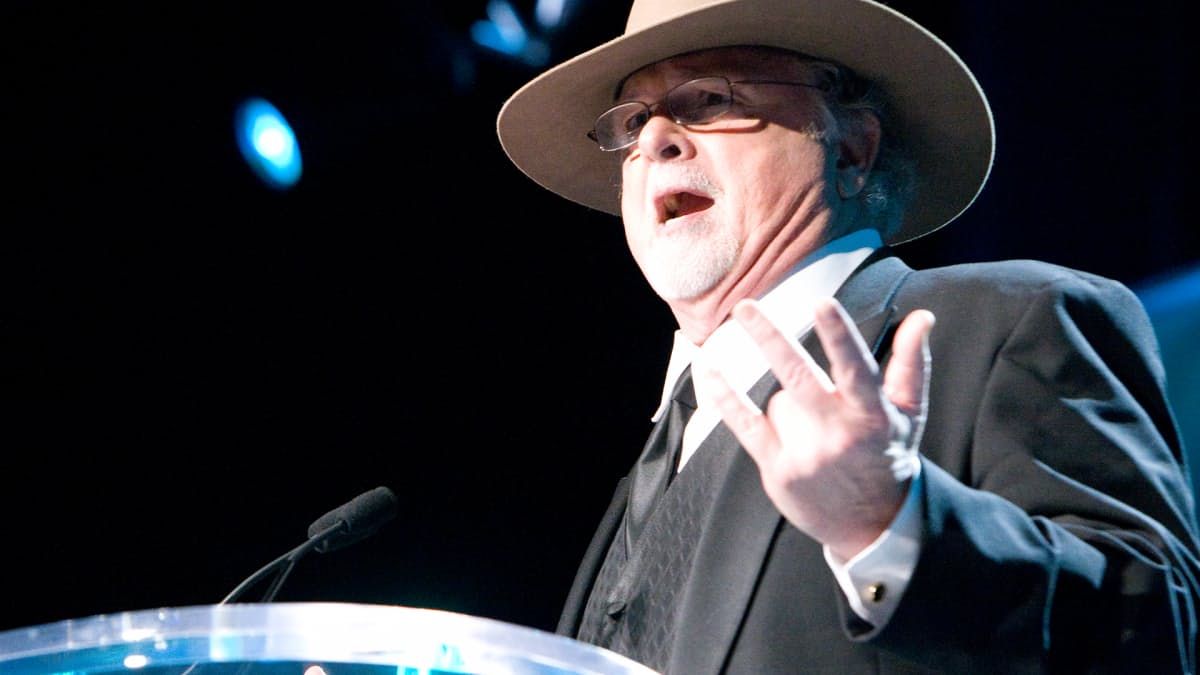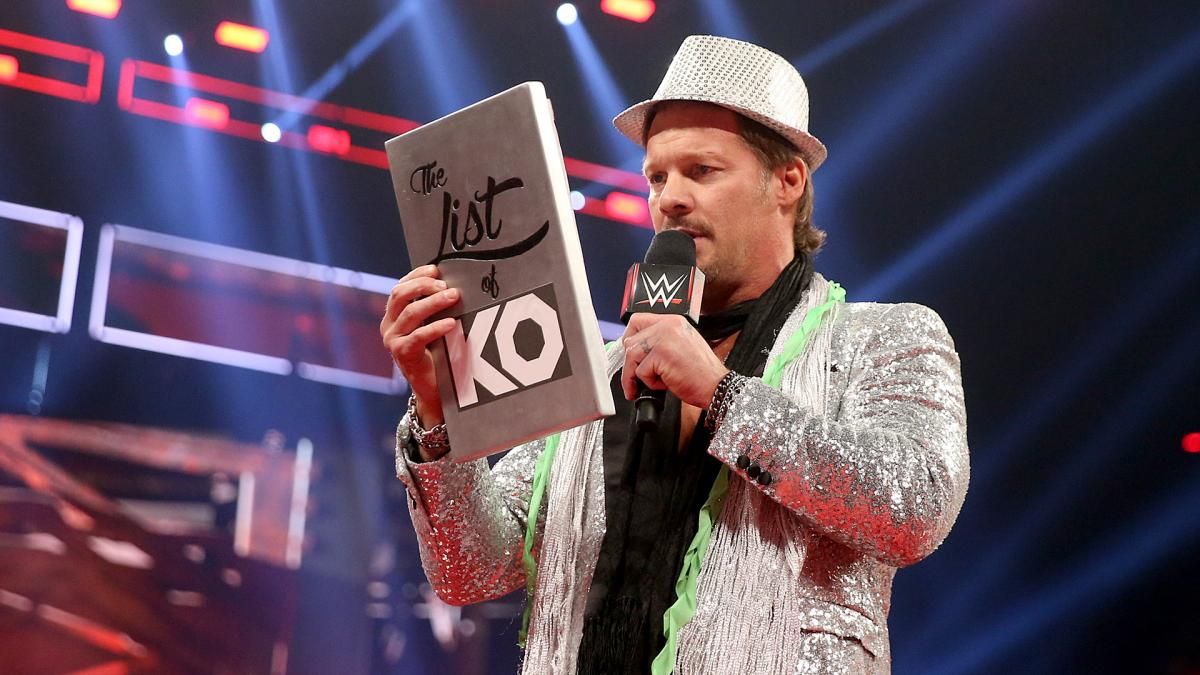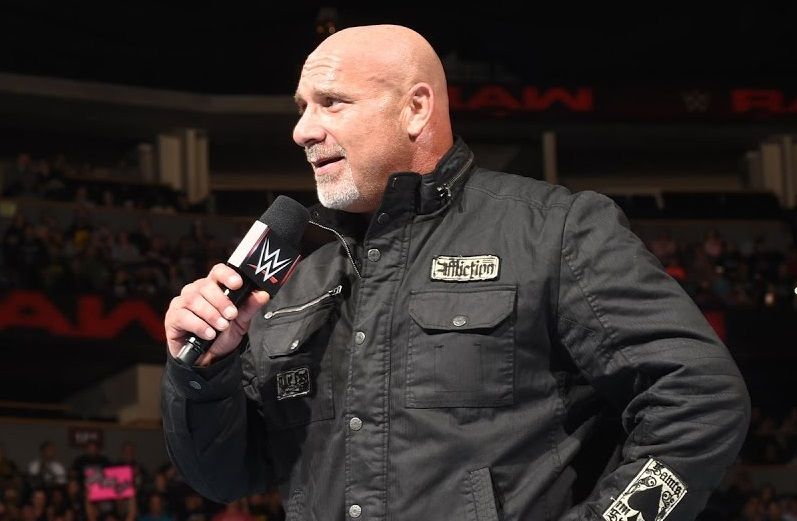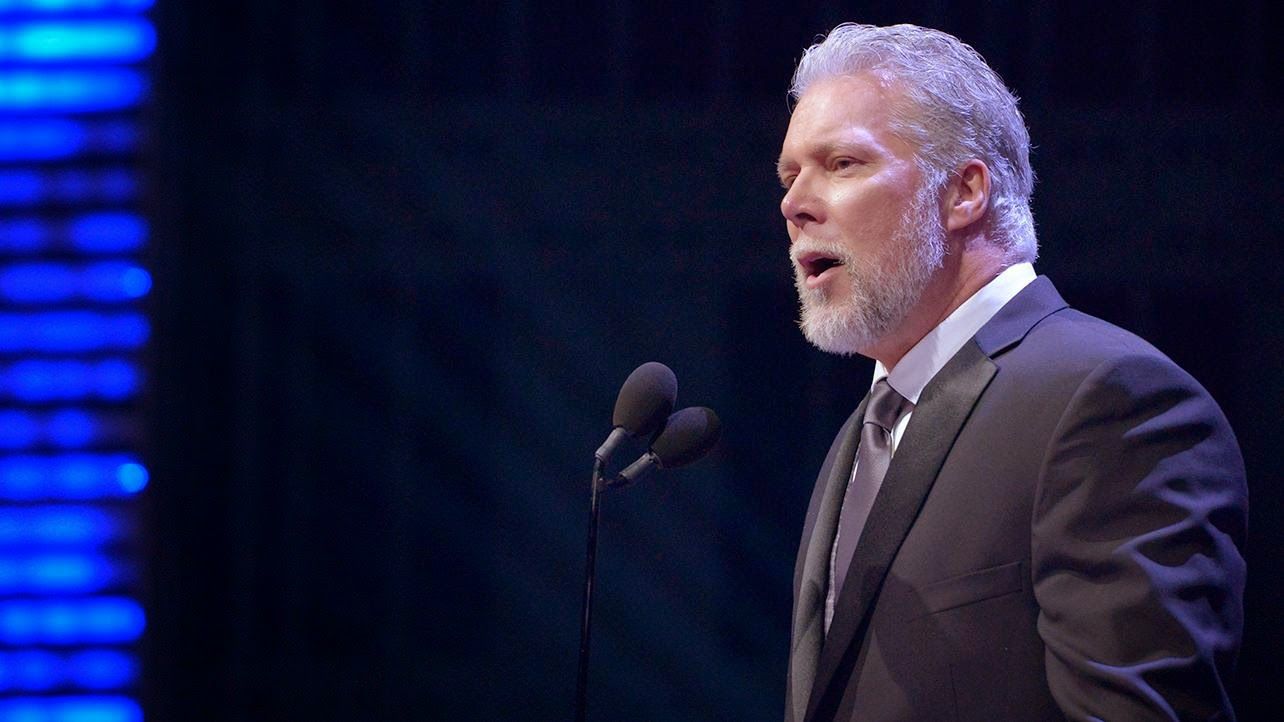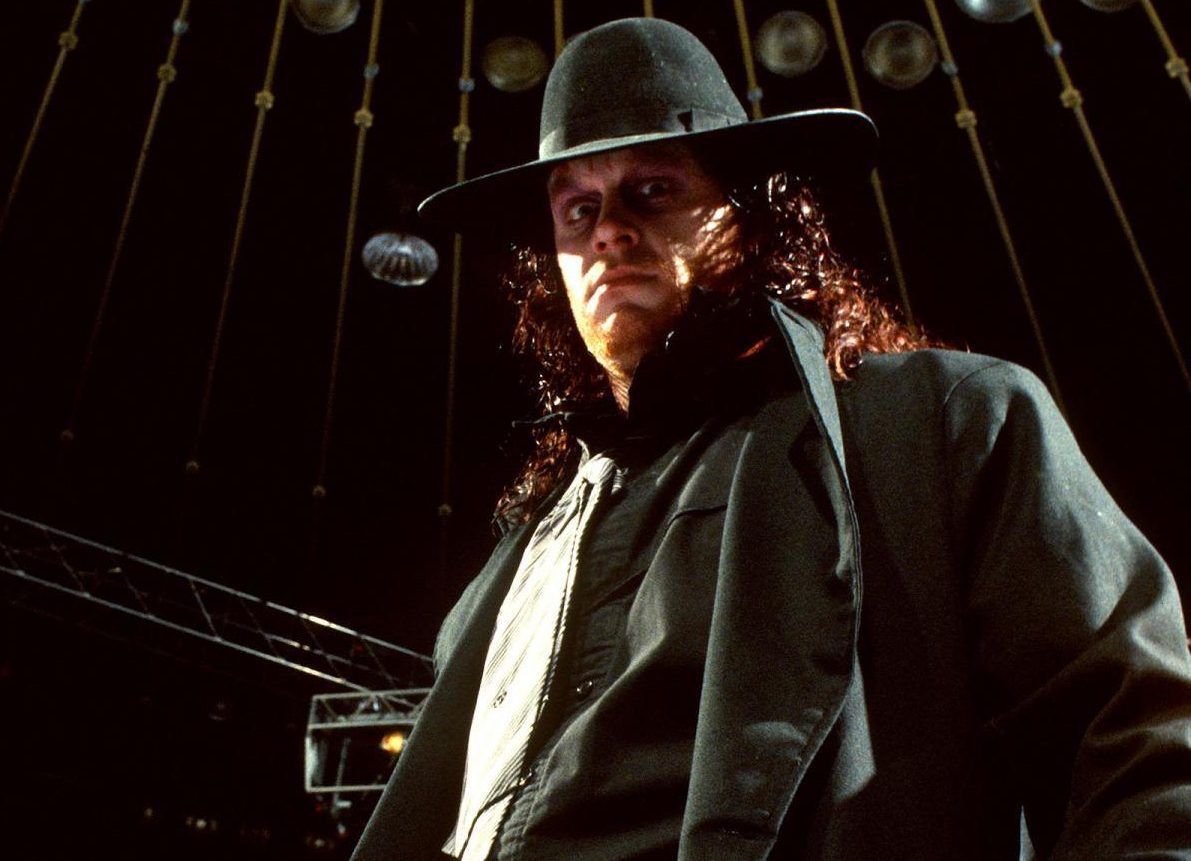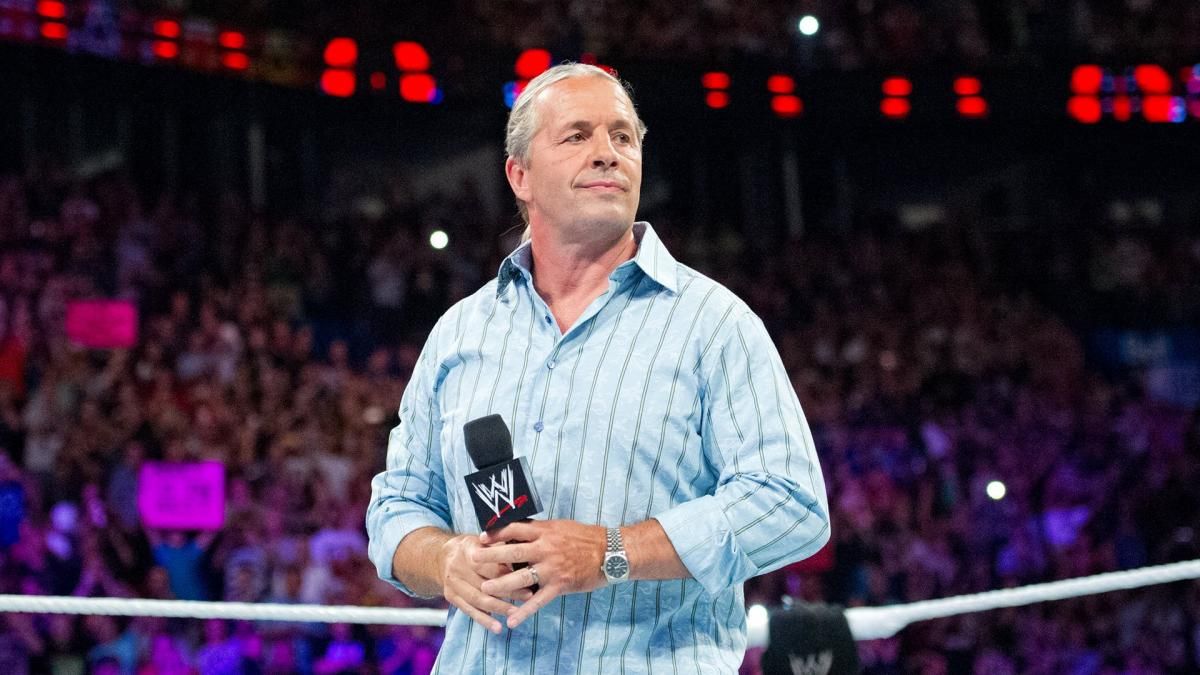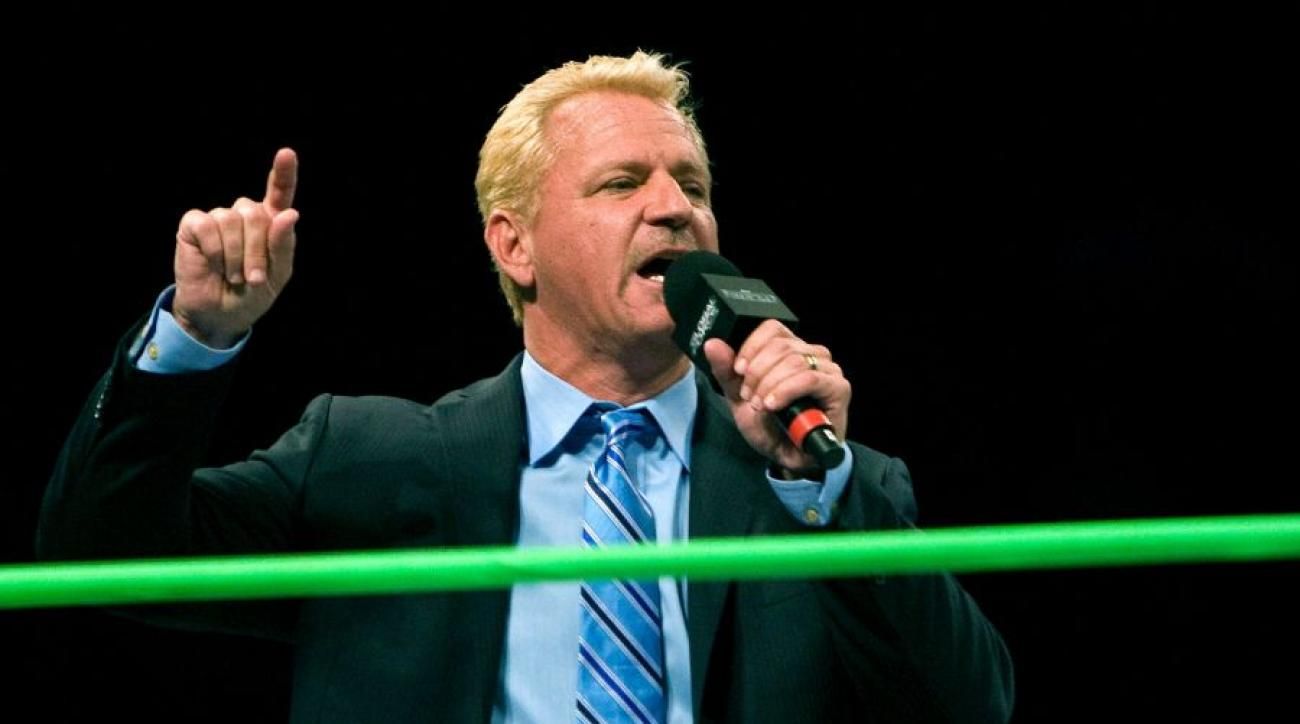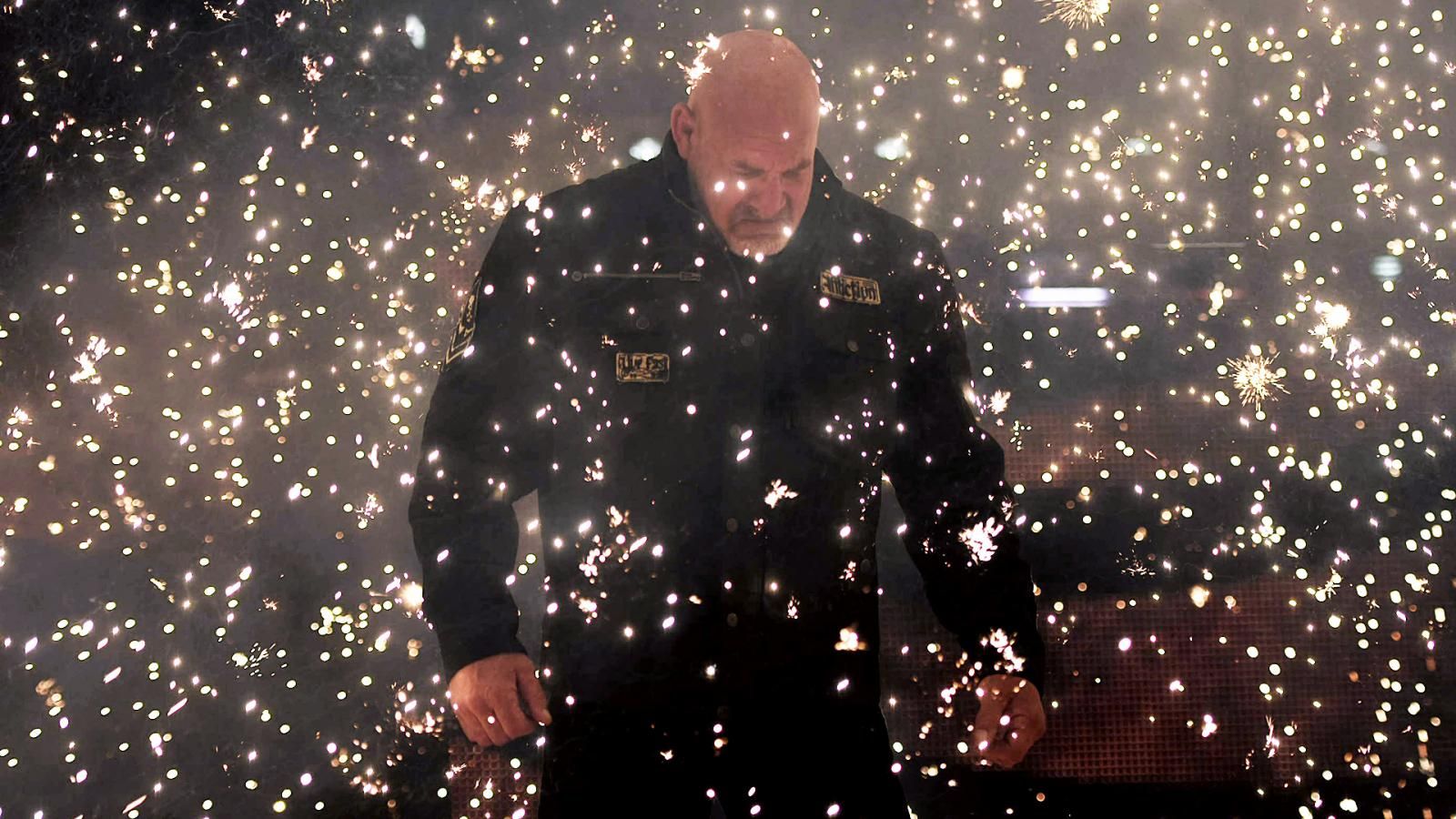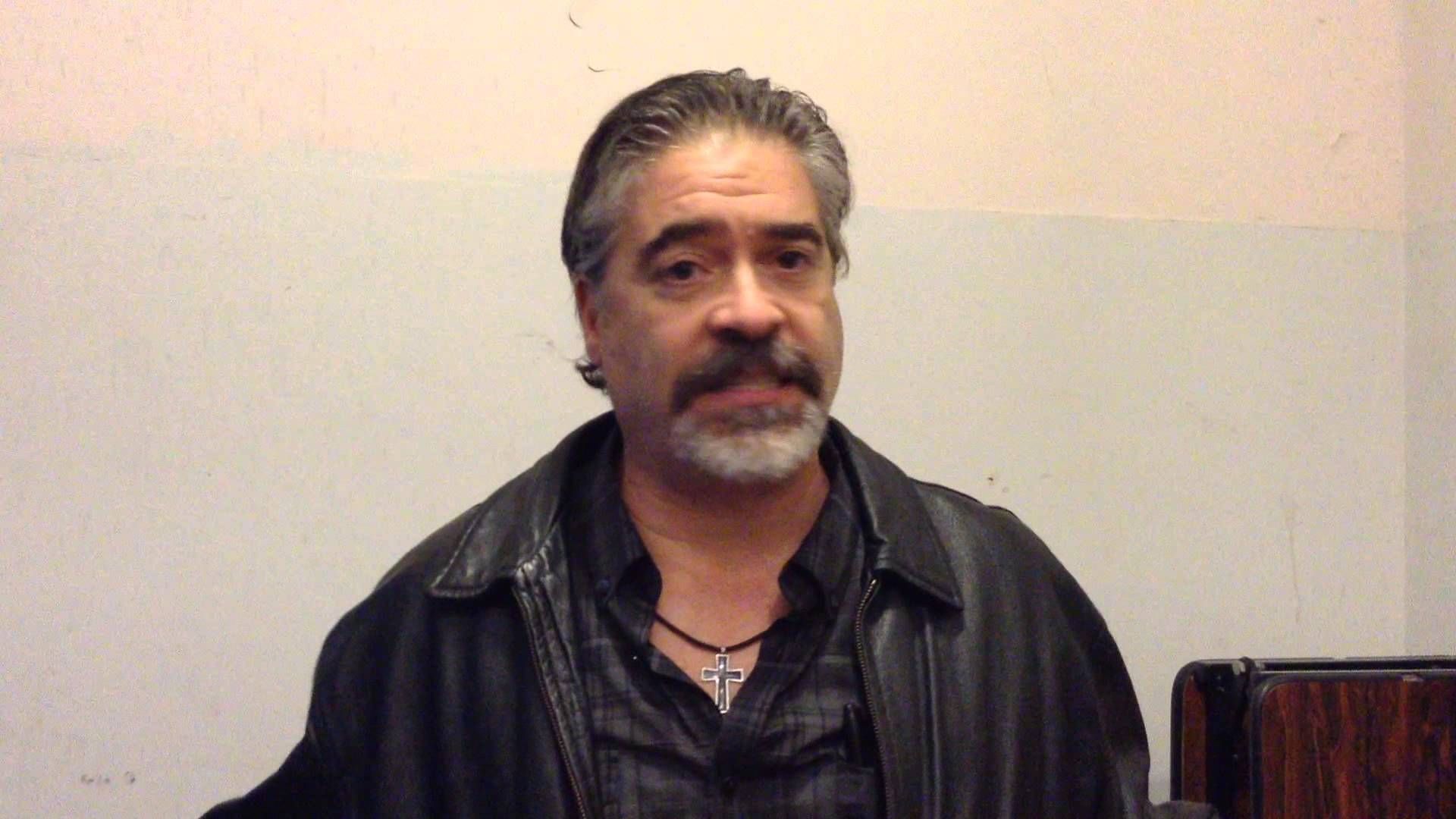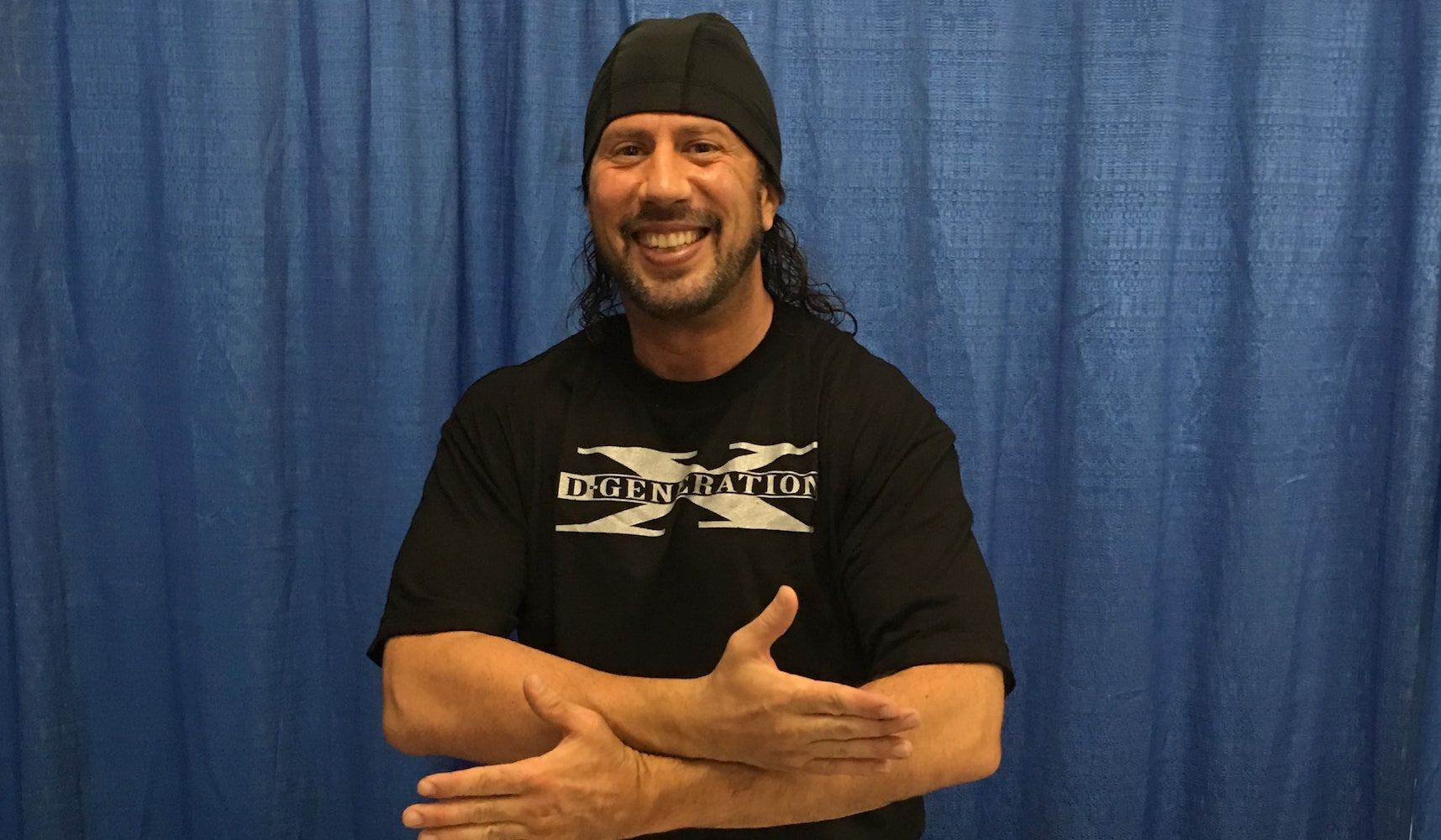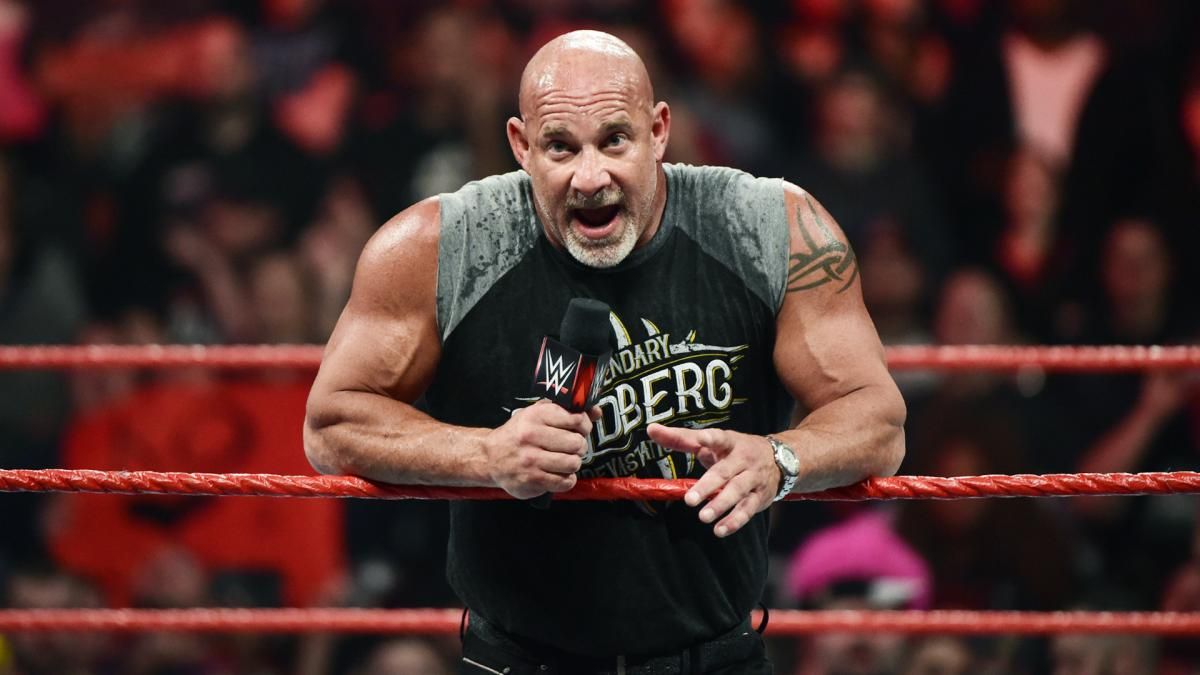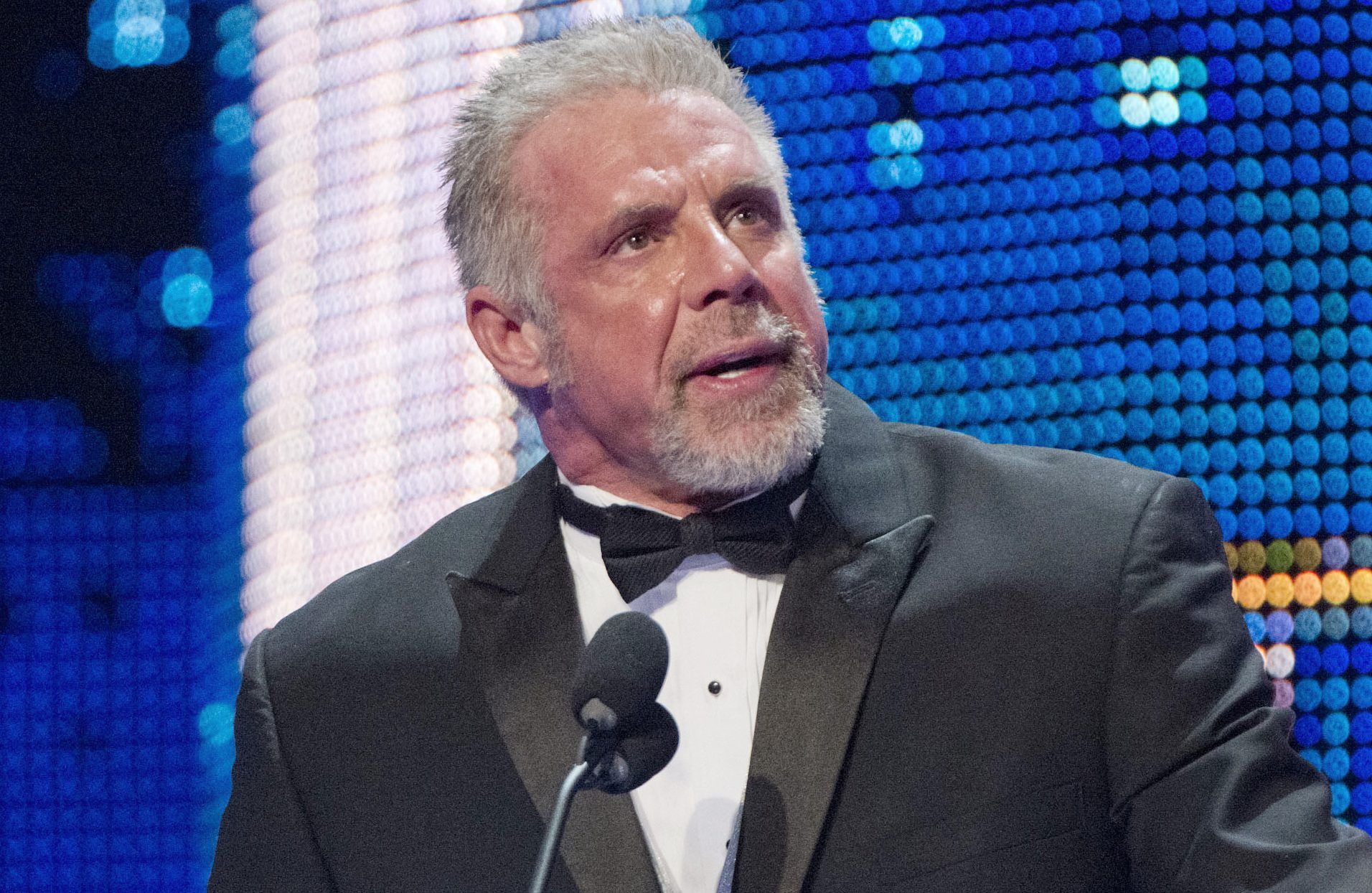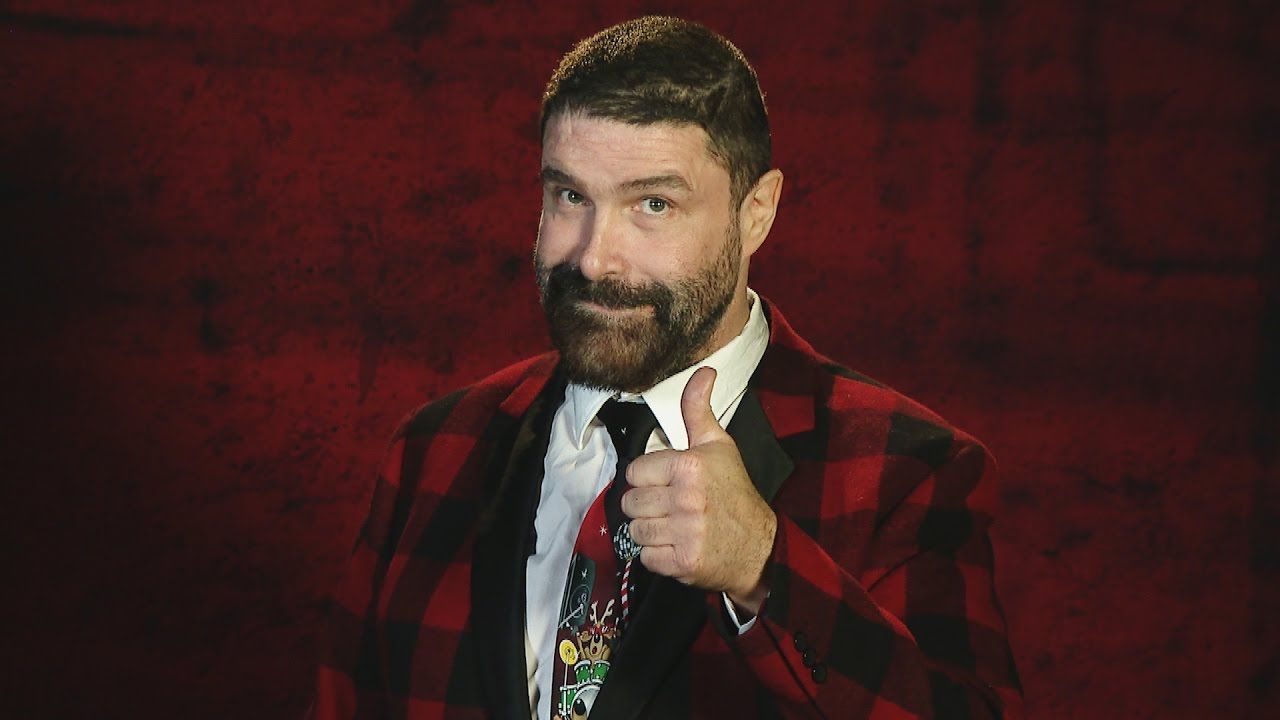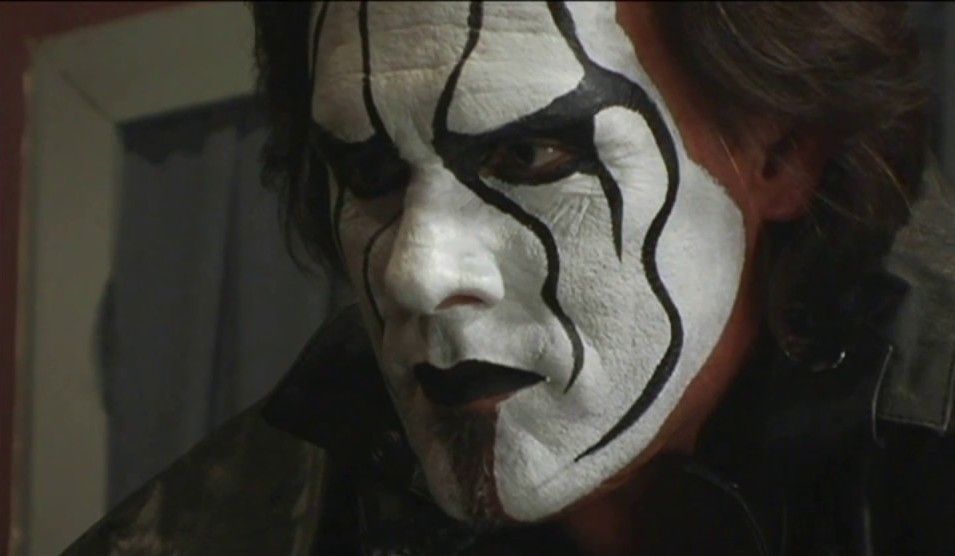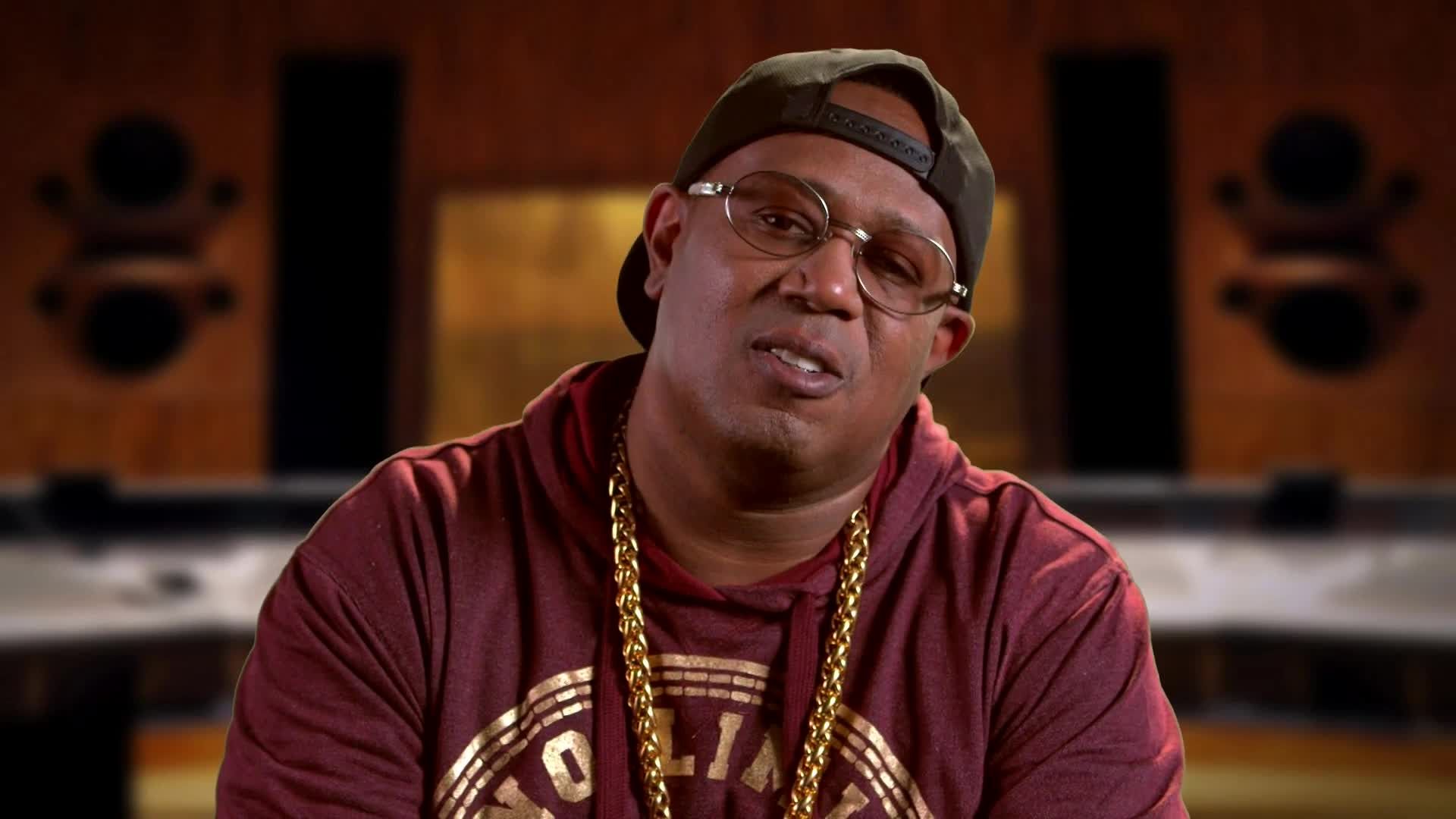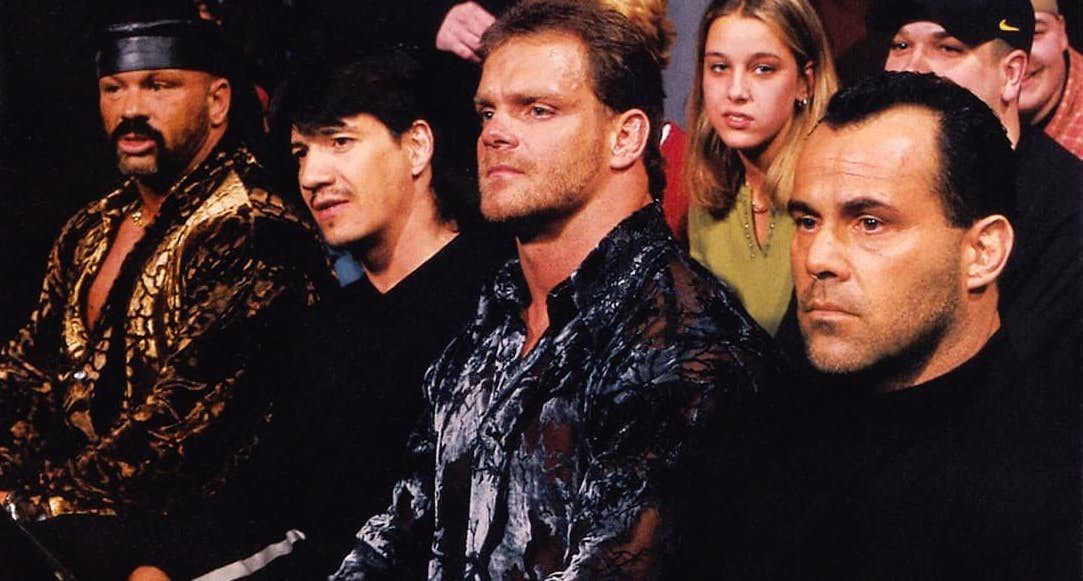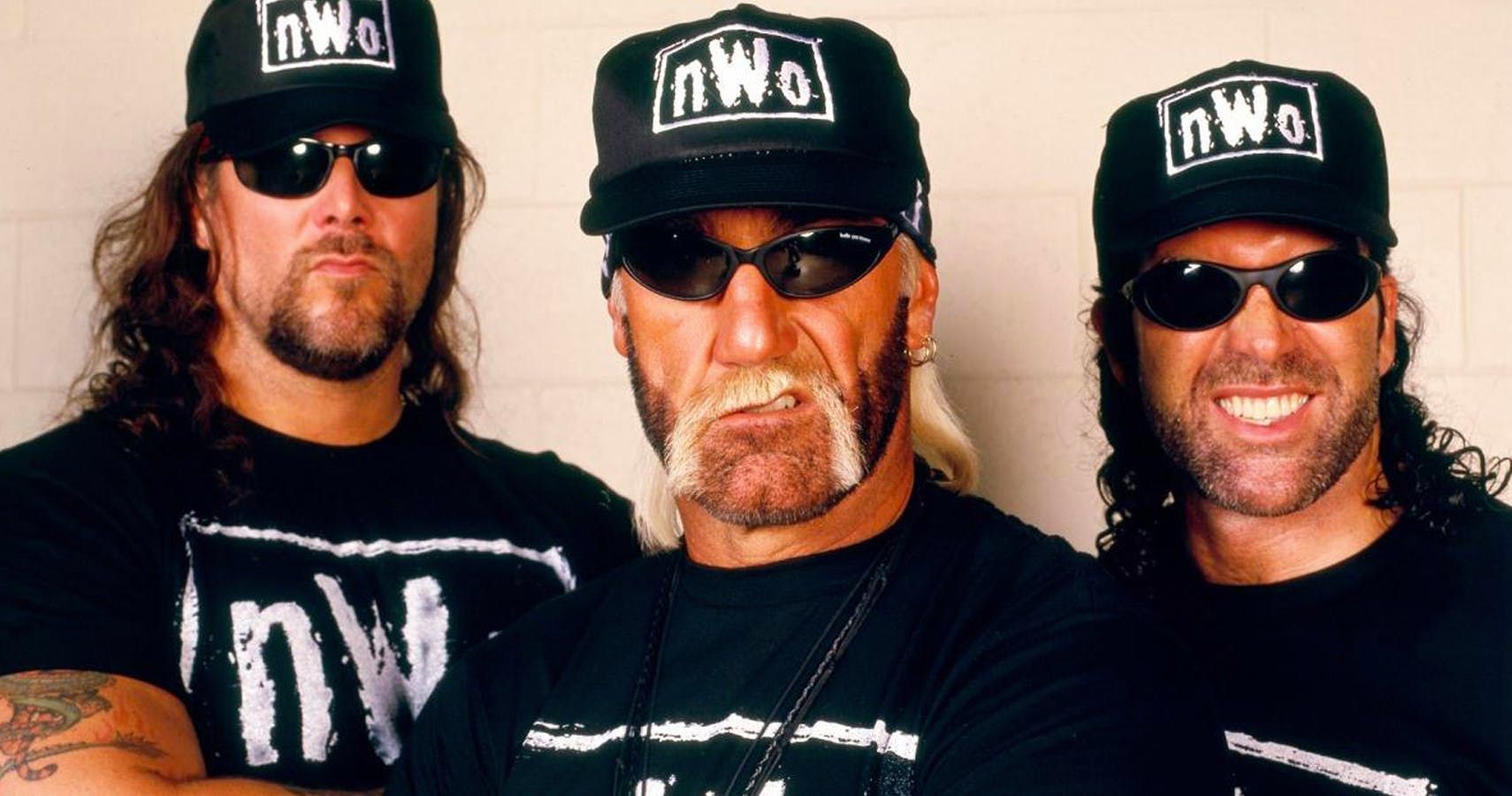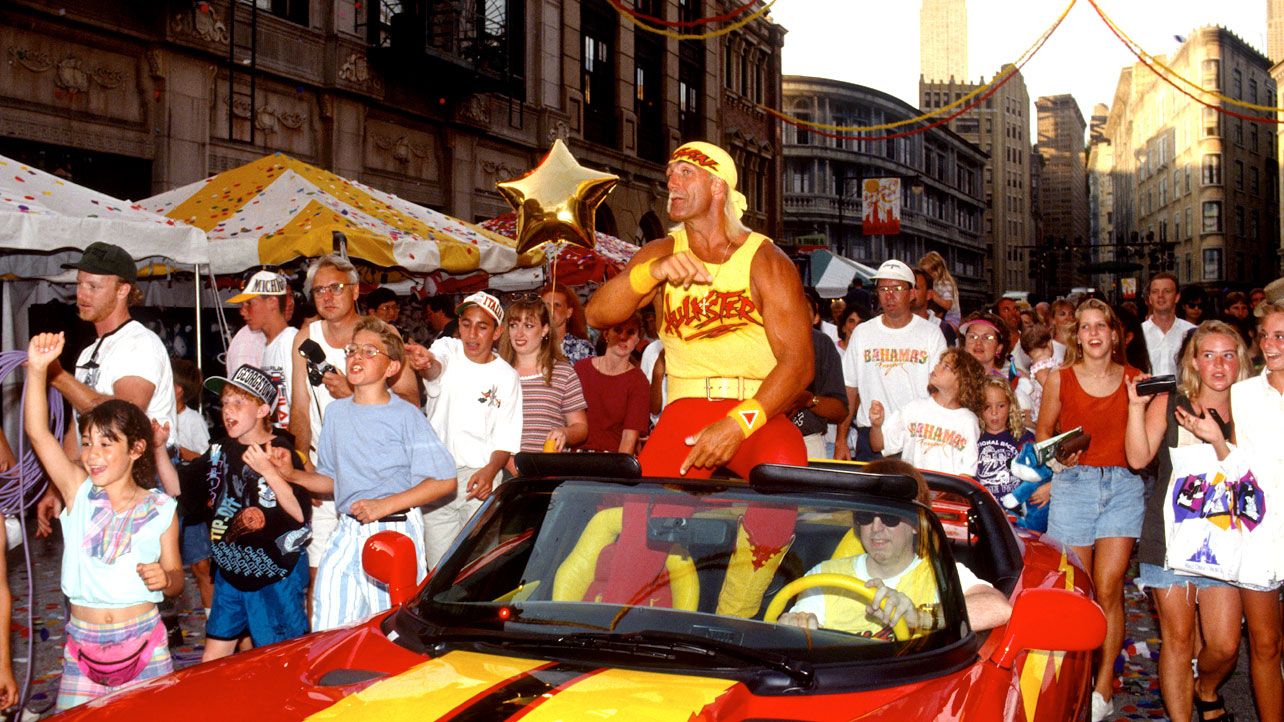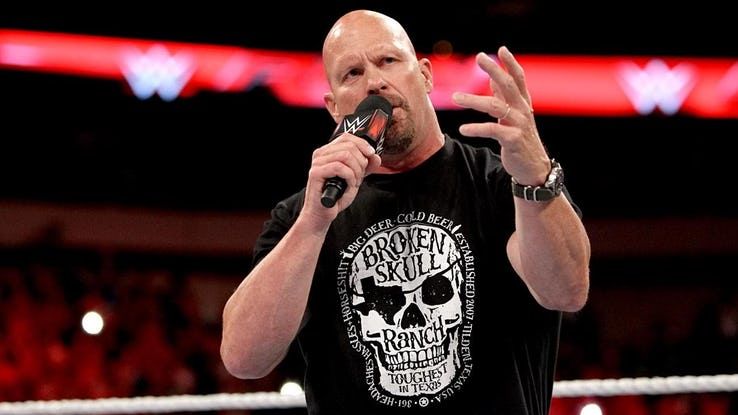Looking at the history of WCW, one thing is very clear: Without Ted Turner, this company would have gone out of business a lot sooner than they did. For all their amazing talent and terrific work, WCW had a history of terrible mismanagement and some of the silliest gimmicks and angles ever seen. But Turner had a soft spot for wrestling and thus, as long as he was in charge, he let them do what they wanted, no matter the cost to his bottom line. That led to success in 1996 with them dominating, but business began to dip as WWE stepped up to the plate with the Attitude Era. When Turner lost power in 2000 and WCW was in the hands of people who cared only about the bottom line, their days were numbered.
Entire books have been written of the company and their many mistakes over the years. From pushing the wrong guys to stupid storylines and more, WCW made slews of mistakes that would end up dooming them majorly. They would sign on supposed “stars” who did nothing while letting go of guys who would turn out to be the biggest stars around. Not to mention some downright idiotic booking moves that hampered them further. There are so many examples to choose from but some stand out from the pack big time. Here are 7 signings, 7 releases and 7 booking decisions that helped put WCW out of business and still amazing to see how fast this company fell apart.
21 Signing: Bill Watts
Looking at the history of WCW, a common question is why it was so hard to Turner execs to get someone who actually knew the wrestling business to handle the company. The answer is that the one time they tried it, it was a mess. Bill Watts had proven himself as booker for Mid-South, a great mind for wrestling who could elevate stars up nicely. Hiring him on in 1992 should have led to great success. However, Watts’ old-school mentality clashed too much with the '90s. There was also Watts’s insistence on pushing his vastly unready son Erik as a new star.
Not helping was Watts’ own mentality that clashed with Turner executives as he was used to doing things his way.
Watts was eventually fired and Turner's executives said they’d never hire someone like him again. Thus, not only did Watts hurt WCW in 1992 but he also denied them anyone who could fix them in the future.
20 Release: Chris Jericho
It should have been obvious to anyone that Chris Jericho had all the makings of a star in WCW. He was rising up as an obnoxious heel with terrific promos. He was rising up as Cruiserweight champion and clearly ready to take off. He had set up a big feud with Goldberg, mocking him majorly and it seemed to have real promise. But Jericho was rocked when Bischoff basically ignored all of that and had him squashed by Goldberg. It came out Bischoff and others in WCW just didn’t see Jericho as a star despite how much the fans were backing him up.
Realizing he wasn’t going to get anywhere, Jericho asked for his release and moved to WWE. There, he got a monster arrival that made him an instant star and launched a huge career. Letting Jericho go was a sign to the younger talent of WCW that the company cared little for them which would hurt them majorly over the next year.
19 Booking Decision: Turning Goldberg Heel
By June of 2000, WCW was in bad shape. WWE was on a huge creative high, dominating in ratings and fan approval as well as great shows. WCW was a mess with Russo and Bischoff fighting for control and “quick fixes” that backfired. Their solution for it all? Take Goldberg, one of the few remaining mega-names left, coming off a long time off for injuries, and turn him heel. For no reason, Goldberg attacked Nash, costing him the title against Jeff Jarrett to ally with Bischoff and Russo.
It was a foolish idea, as fans just didn’t want to boo Goldberg, no matter what.
It was dropped fast but the brief heel turn did huge damage to one of the few big stars WCW had left at a critical time.
18 Signing: Kevin Nash
The Outsiders were a huge hit as they helped form the New World Order with Hogan and shoot WCW to the top of the ratings.
But behind the scenes, Nash was using his political clout to his advantage. He changed numerous plans by refusing to job to guys or even show up at all. It got worse when he was booking and driving the company down with terrible ideas and keeping himself on top. His influence on Bischoff caused WCW to ignore all the young promising talent they had for Nash and other older guys fans were tired of. Once more, Nash helped for a bit, but the damage he did to WCW outweighed any good.
17 Release: Mark Callous
At nearly seven feet tall and surprisingly agile, “Mean” Mark Callous was a promising guy for WCW. He was first set up with Sid as part of The Skyscrapers and had promise as a monster tag team. He later went into singles work and showed he had potential while facing Sting and Lex Luger. But Callous felt lost in WCW and wanted a big raise in order to stay. He was denied on that so he accepted an offer from WWE. Callous was given the character of The Undertaker which he transformed into an icon. True, it was hard for WCW to see that coming, but it had to rankly how they gave away the man who would become one of the WWE’s most dependable stars ever.
16 Booking Decision: nWo 2000
When the New World Order debuted, they really were a revolution. Hogan, Hall and Nash were great stars and believable dominating the company. It got watered down by adding way too many guys and splitting into factions and by late 1999, fans were sick and tired of it.
Leave it to WCW to think the solution was to bring them back for 2000.
At Starrcade ’99, Bret Hart retaining the title over Goldberg in a replay of Montreal with Bret in the Shawn role.
The next night, they had a rematch with Hall, Nash and Jeff Jarrett interfering to let Bret win. So now Bret was the leader of the faction, a role that totally unsuited him. It fell apart fast with Bret suffered his career-ending concussion and Jarrett injured as the attempt to restart this tired faction got 2000 off on the worst possible note for WCW.
15 Signing: Jeff Jarrett
Jeff Jarrett isn’t a bad worker and can be quite good on the mic. As an upper mid-card heel, he works out great. The problem is Jarrett isn't a bona-fide main eventer. He had a run with WCW in 1996-97 and didn’t do too much. Jarrett headed back to WWE and did well there as tag team and IC champion. When WCW made a huge offer, Jarrett agreed and Russo had him pushed to the main event scene as champion in no time.
The issue being, with so many far more talented stars around, Jarrett as champion did not win over fans. As Mike Graham put it “he broke 6,000 guitars, never drew a dime.” It made WCW look even more second-rate in 2000 and hurt them badly. Signing on Jarrett was bad enough but as a main event star, it was even worse.
14 Release: Paul Levesque
Contrary to popular opinion, Triple H was on his way to stardom before he got together with Stephanie. In WCW, he’d started as Terra Ryzing, mainly a jobber. He then moved onto the character of Jean-Paul Levesque, a “French aristocrat” with a snobby manner. While his gimmicks were lame, he was good in the ring.
While raw, he clearly had promise and Ric Flair himself saw some potential in him.
He had a few TV title matches but otherwise was being ignored and not happy when he was told he basically had little future in the company. So he headed to WWE where he was given the character of Hunter Hearst Helmsley. It was slow but he soon was rising to the top as WCW gave away a future mega-star to the competition.
13 Booking Decision: Giving Away Goldberg/Hogan For Free
A key reason WCW faltered was Eric Bischoff’s ratings obsession. After so long dominating RAW, Bischoff came to believe that the ratings were the only sign of who was on top. That led to him making some bad moves when RAW overtook Nitro in 1998. One of the biggest was when a big Georgia Dome show was coming up and Bischoff decided to have Goldberg challenge Hogan for the WCW title. This was a massive event, one that could have been a huge money-maker for PPV. It could even have outdone the Starrcade ’97 buy rate record.
Instead, Bischoff gave it away on free TV just to get a one-week ratings win.
And that’s all it was as RAW overtook Nitro fast. Goldberg, the World champion, was almost ignored by WCW on PPV in favor of Jay Leno in a tag match. For one week of ratings, Bischoff blew what could have been a massive payday.
12 Signing: Vince Russo
Vince Russo was a good creative mind in WWE who helped mid-carders rise up. However, Russo sold WCW on the idea that he was the only reason WWE was rising up in the Attitude Era. WCW bought it and hired him on with creative control. Russo was soon driving the company down with his ideas of breaking the fourth wall and admitting things were a work; childish and immature angles and characters; complicated booking with an over-reliance on gimmick bouts; and far too many stupid ideas to count.
It’s been proven how ratings went down with his ideas of how wrestling wasn’t an important thing at all for WCW and putting himself out there as the big heel (and even champion) made it worse. He can deny it all he wants but Russo’s hiring was a key reason WCW isn’t around anymore.
11 Release: Sean Waltman
In early 1998, Bischoff was starting to feel some pressure from the boys in the locker room over his direction for the company. He decided to send a message as to who was really in charge by firing Sean Waltman. As Syxx, he’d been a member of the nWo and long-time buddy for Hall and Nash. Bischoff thought he’d be showing off his power by doing this. But firing a guy who had been rehabbing a neck injury wasn’t the smartest move to win over others.
Waltman was ticked as he went back to WWE. He showed up to join DX and did a promo bad-mouthing Bischoff and WCW majorly. He went on to a good career as a star in WWE and showed up how WCW couldn’t make the right moves with talent.
10 Booking Decision: Ending Goldberg’s Streak
Goldberg was the last shining light of WCW. His undefeated streak was part of his entire character, fans loving the suspense and thinking of who could beat him. He was still hugely over in late 1998 and the streak should have continued.
Leave it to Kevin Nash, having just been named head booker, to decide he should be the one to break that streak at the biggest show of the year.
Thanks to Scott Hall and a cattle prod, Nash pinned Goldberg for the belt. It marred his entire act, his aura never quite the same without the streak. It was a serious blow and one of the worst moves WCW could have made.
9 Signing: The Warrior
On paper, it made sense. The Warrior still had a name value and bringing him in to face Hogan in the rematch fans had waited for could have worked. However, WCW found themselves dealing with the Warrior's bizarre antics which included nonsensical promos.
This led to the infamous of Halloween Havoc ’98 match which Hogan himself has admitted to being one of his worst ever. It was a total mess that failed to live up to any potential at all and had fans booing hard. Warrior left right afterward to make this a colossal waste of money.
8 Release: Mick Foley
True, the early career of Mick Foley showed little of the promise he would show later on. But he was notable for how well he could absorb punishment and got popular with fans. His feud with Vader was top-notch and made him a main eventer and his tag team with Kevin Sullivan was also good. But Foley became tired of how WCW could mess things up like the idiotic “Lost in Cleveland” skits and no-selling a Vader Bomb on the floor. Foley finally had enough to ask for his release.
This led to him becoming a hardcore star in ECW. Then in WWE, he took off as Mankind to feud with The Undertaker and become a star.
This led to WCW giving away Foley winning the WWE title with the line of “that’ll put butts in the seats.” That cost them a huge dip in ratings and bad word of mouth. It’s yet another sign of how WCW failed to see a star under their nose.
7 Booking Decision: Starrcade ’97
Eric Bischoff should be credited for holding off so long on the big Hogan-Sting matchup. For a year, Sting observed Hogan from the rafters, his “Crow” look and silence making him hotter than ever. It was set up for Starrcade, the big battle and all logic stated the only possible outcome was Sting crushing Hogan to win the belt. But something happened. Bischoff claims Sting was out of shape while others maintain Hogan just didn’t want to give up the spotlight. Whatever the case, the result was that Hogan dominated in the match, which sucked the life out of the crowd.
Hogan then pinned Sting with what was meant to be a fast count but came off as a normal count. Bret Hart then came out to restart the match, which Sting won. But the damage was done as WCW had managed to ruin the match they’d spent over a year building up and in many ways began their end.
6 Signing: Master P
Few things summed up the ineptitude of WCW like this. In 1999, in a desperate move for attention, they signed up rapper Master P for a big contract worth over $2 million. Yes, WCW was low-balling talented workers but paying out this much for a rapper. Master P came in with the No Limit Soldiers, a group who proved themselves utterly inept in the ring.
The idea was a crossover of genres which ignored how WCW’s southern fanbase were hardly hip-hop fans.
Curt Hennig and Barry Windham formed a team called the West Texas Rednecks whose single actually became popular. But WCW hated how fans cheered the heels and it hampered the angle. The Soldiers eventually faded as did Master P, making this a huge waste of money when WCW couldn’t afford it.
5 Release: The Radicalz
Chris Benoit’s name obviously has taken a darker meaning today. But in 2000, Benoit was well known as a fantastic worker and rising star who fans thought deserved to be WCW champion. But Benoit had serious issues with booker Kevin Sullivan and how badly run WCW was. Long-time friends Eddie Guerrero, Perry Saturn and Dean Malenko agreed. WCW tried to sway Benoit with a title win but that wasn’t enough as he asked for his release with the other three.
WCW agreed and all four showed up on RAW the next night as The Radicalz. WCW gave away four fantastic workers who were more deserving of pushes than the older guys on the roster, a move that would cost them dearly.
4 Booking Decision: The Fingerpoke
As bad as ending Goldberg’s streak was, the follow-up was far worse. On the first Nitro of 1999, Nash bragged he would give Goldberg a rematch to make fans excited. Then Goldberg was pulled in by the cops on bogus accusations from Miss Elizabeth. Hogan showed up and said he would take on Nash instead. It came out that Elizabeth was lying and thus led to Goldberg racing to the arena. In one of their “only in WCW” moments, it had been shown the police station was literally across the street.
Hogan and Nash faced off and Hogan tapped Nash with a finger. Nash went down like he'd been hit by a car with Hogan pinning him for the title. They then celebrated as Goldberg arrived in time for a beat-down from a newly formed New World Order. So fans got a new nWo with Hogan dominating to send WCW on another tailspin they never recovered from.
3 Signing: Hulk Hogan
In the short term, signing Hulk Hogan led WCW to some success with bigger ratings and buy rates in 1994. However, in the long run, Hogan’s signing was a massive blow. His ego demanded he be on top constantly and his contract gave him control to sign up slews of his old buddies.
Overnight, WCW turned into the cartoonish WWE-like landscape it had always been the alternative to.
That led to worse stuff of Hogan demanding to be the center of everything like the New World Order and hampering storylines. That led to moments like ruining the Starrcade ’97 main event and more problems. While Hogan may have helped for a bit, any good was outweighed by the damage he did to WCW.
2 Release: Steve Austin
Eric Bischoff had some good stuff here and there but lacked a key thing every guy who owns a wrestling company should have; seeing a future star. Steve Austin was already showing his stuff in WCW. However, he was also subjected to bad stuff from breaking up the Hollywood Blondes at their height to jobbing the US title to Jim Duggan in 10 seconds. When Austin was out due to an injury, Bischoff fired him via FedEx, thinking Austin wasn’t the type to make it to the main event.
That fired Austin up as he headed to ECW and trashed Bischoff majorly. That led to WWE where, after a rough start, his “Austin 3:16” speech made him a major star and elevated him to one of the biggest ever. To this day, Bischoff is mocked on how he let Austin go.

